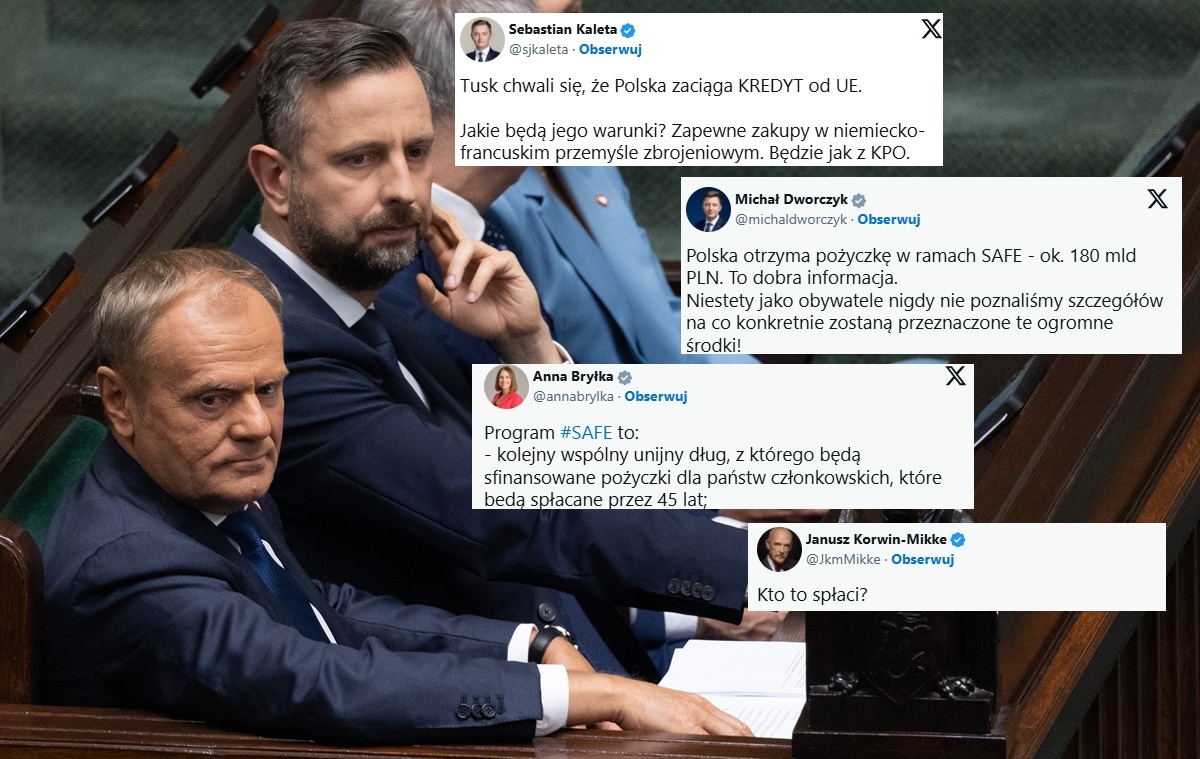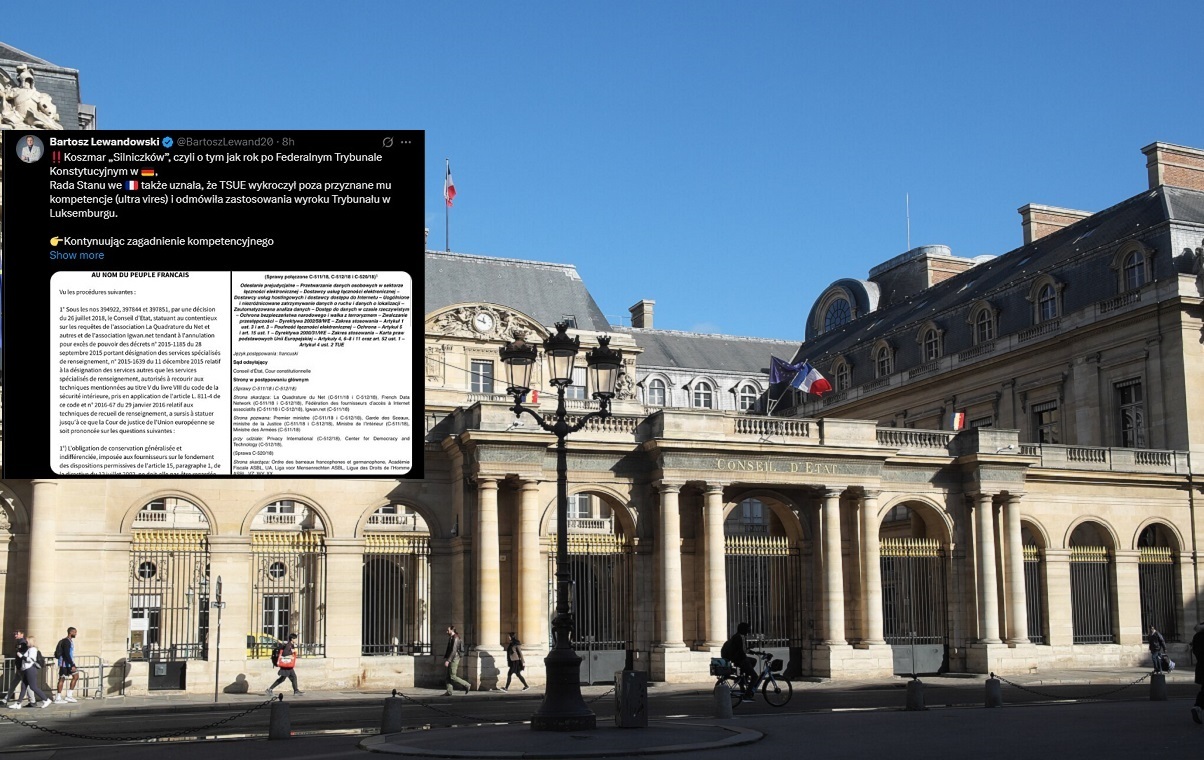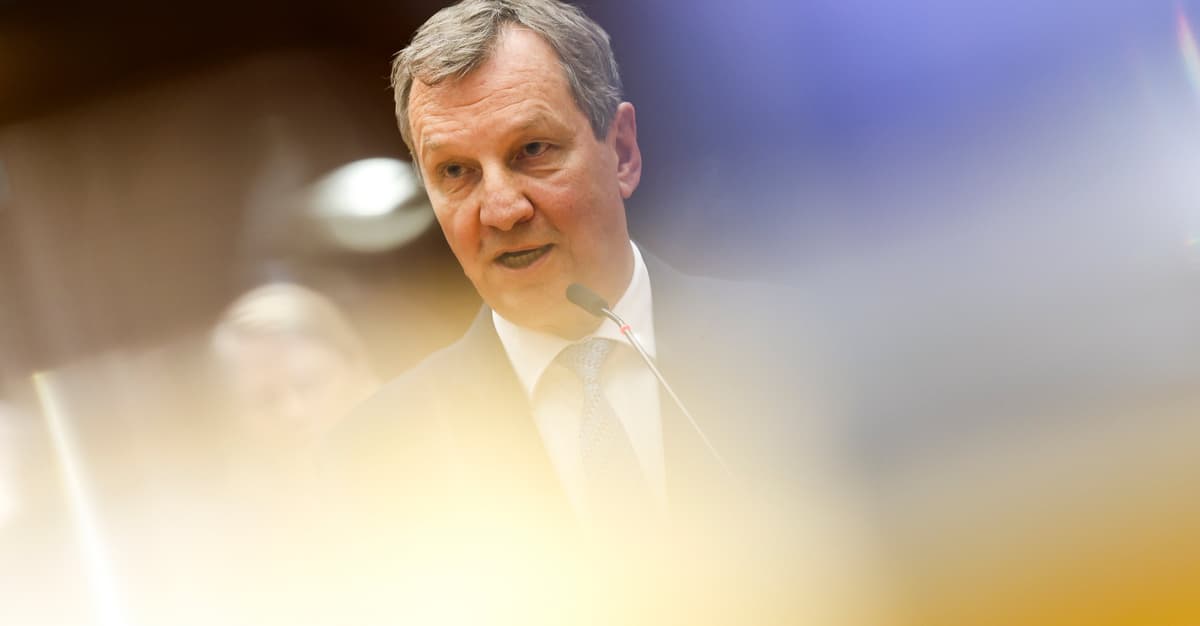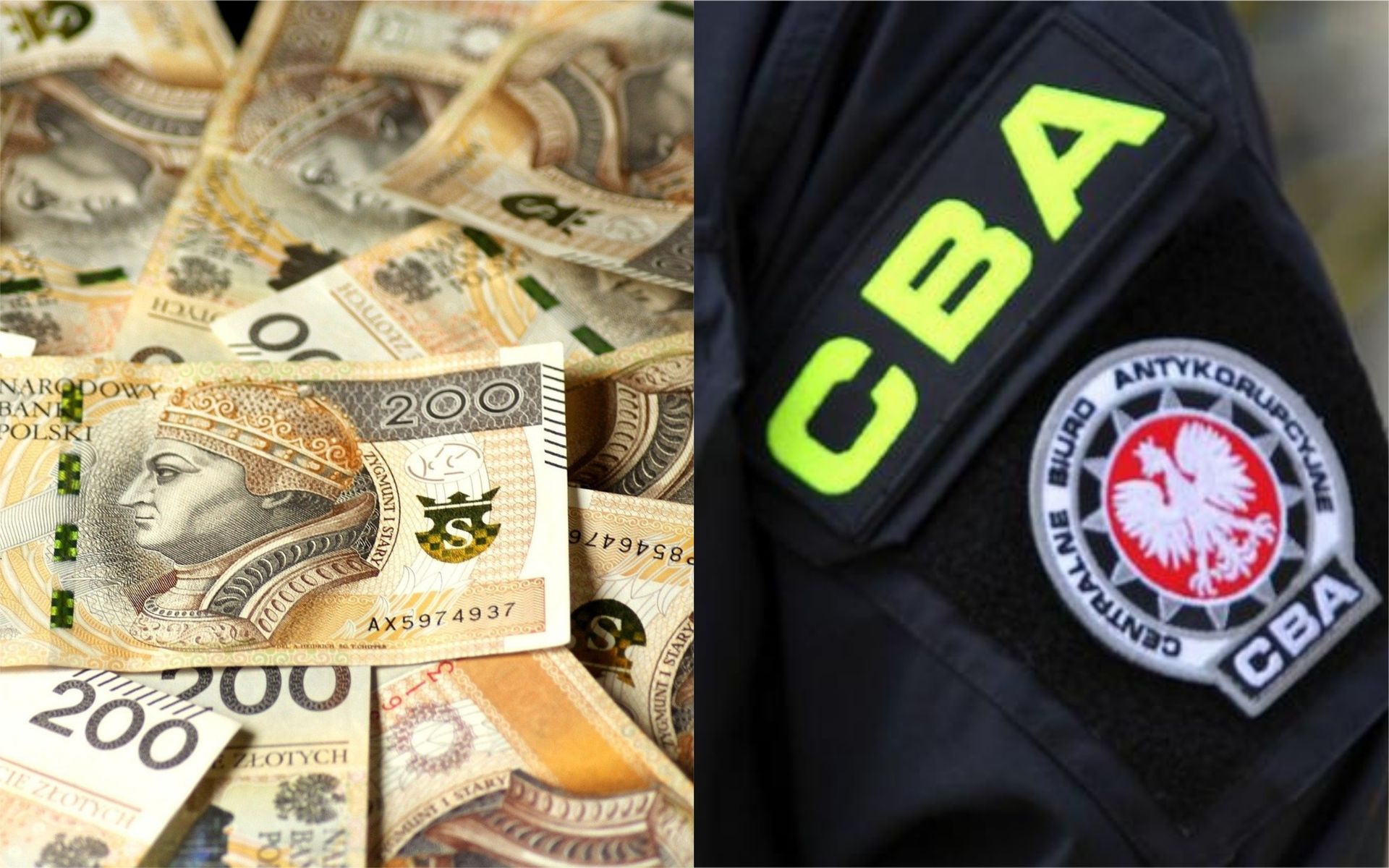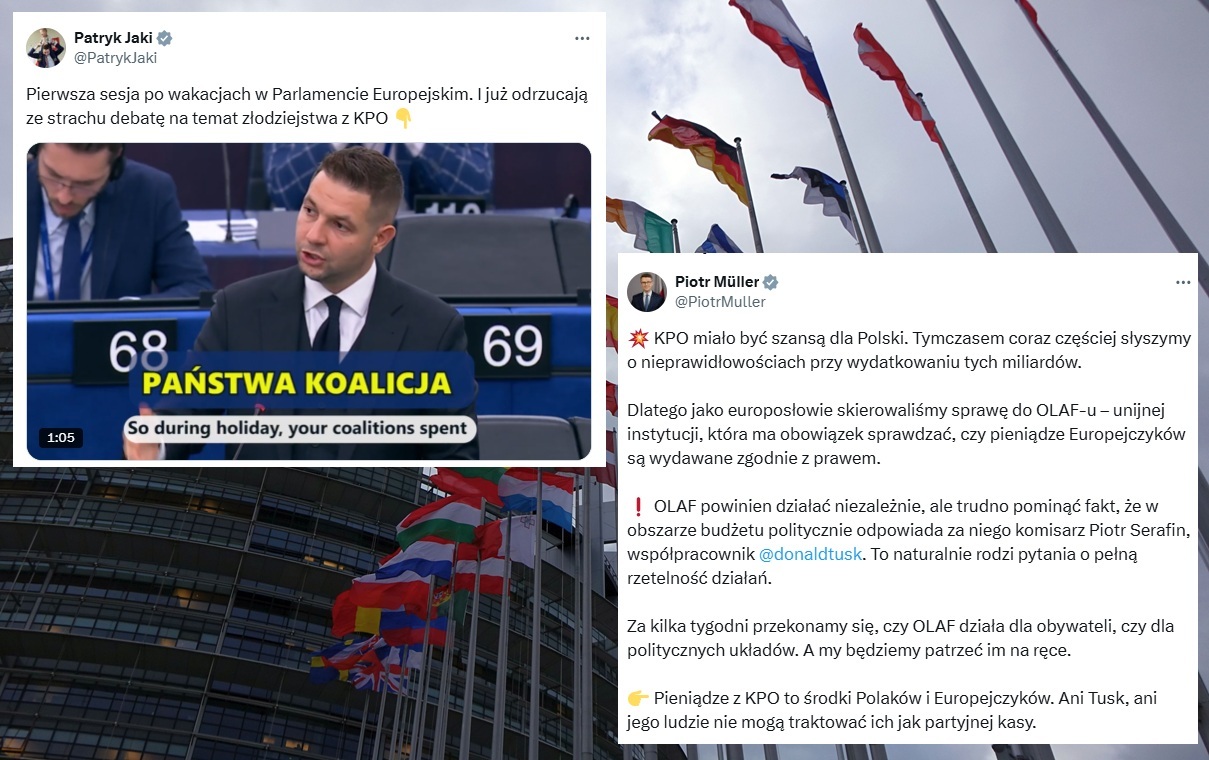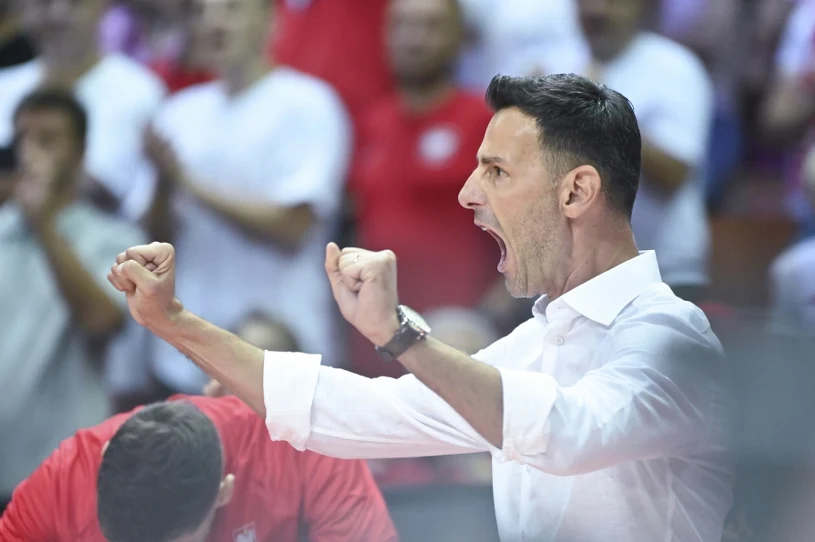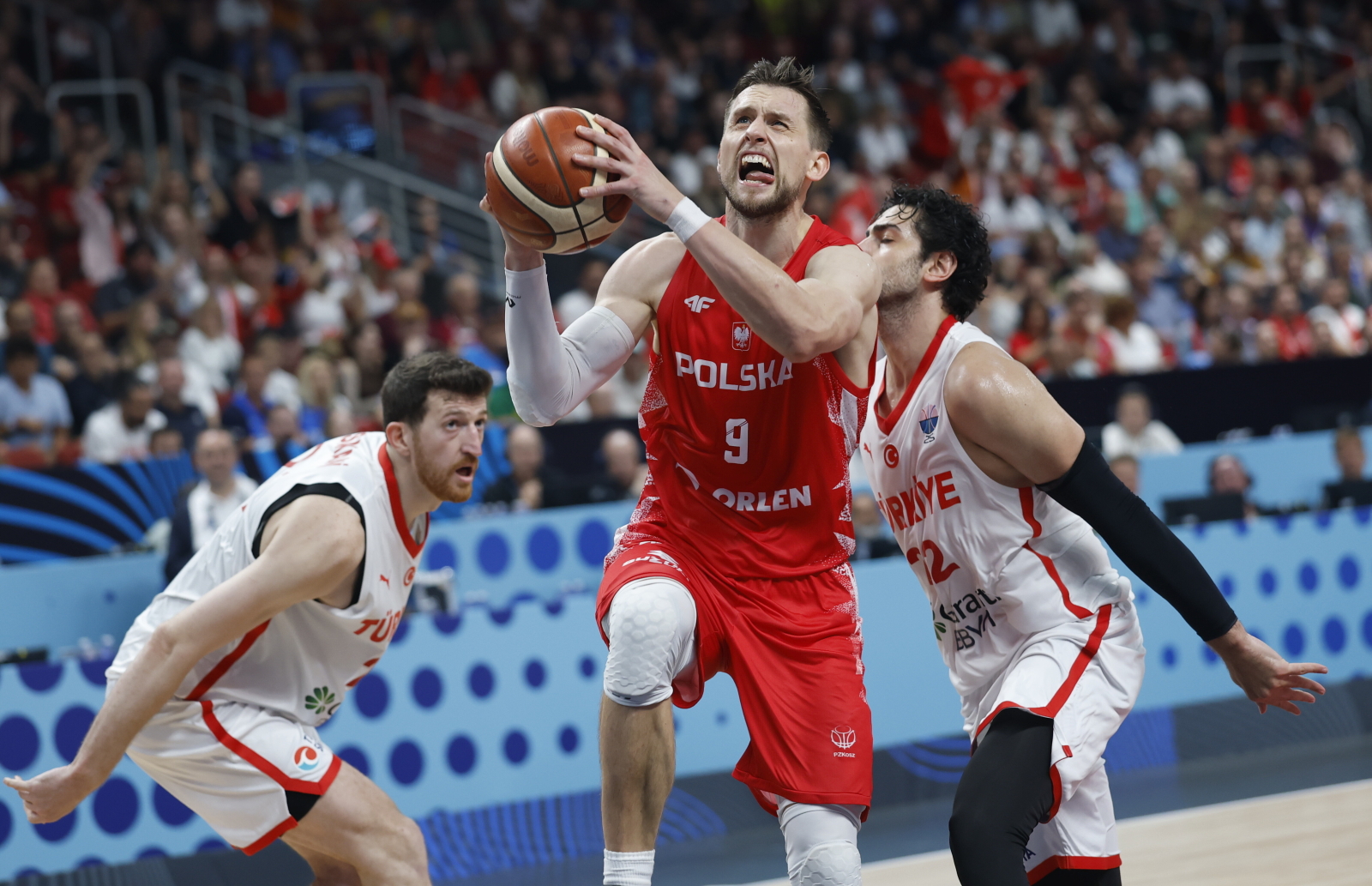In its judgement of 16 June 2023 (Event No II CSKP 597/22), the ultimate Court indicated that does not constitute an exit beyond the request for a suit within the meaning of Article 321(1) k.p.c. specified interference of the court with the content of the application, which specifies in the judgement an imprecise or incorrect in jurisdictional terms a peculiar request for a lawsuit, without going beyond the factual basis of the action [...].
Pursuant to Article 187(1)(1) of the Code, the application should contain a circumstantial request. In cases relating to the removal of the effects of a violation of individual property, the application for a suit usually concerns the order of the suspect to make a message of adequate content and in appropriate form (Article 24(1) of the Code).
In turn, in accordance with Article 321 §1 of the General Court, the court shall examine the case and settle the case in accordance with the content of the application for action (trial claim), meaning that the application in the application in rule binds the court and sets limits on the examination and judgement of the case.
The summary of the 2 procedural provisions would so lead to the conclusion that the court should, in any event, regulation on the application made by the plaintiff.
On the another hand, the present case takes the view that the application made in each case may, however, be interpreted to take account of the plaintiff’s actual will, but that the court cannot justice anything another (alaud) or more (super) than the claimant’s request (see the ultimate Court judgement of 12 July 2022, II CSKP 447/22).
This position is besides confirmed in cases of infringement of individual rights and, in particular, it is assumed that the content and form of the message referred to in Article 24 of the Code and the manner and place of its publication should be ‘appropriate’. When assessing the ‘propriety’ of a statement, account should be taken of the rationally understood criterion of propriety, since it is intended to accomplish the nonsubjective of ensuring that the injured individual is genuinely and adequately satisfied, taking into account the degree and manner of violation of his individual property and the measures he proposes to remedy the consequences of the infringement (see ultimate Court order of 21 May 2022, I CSK 499/22). Similarly, in its judgement of 27 May 2022 (II CSKP 3/22), the ultimate Court stated that does not constitute an exit beyond a request for action, within the meaning of Article 321(1) of the General Court, specified interference by the court in the content of a request which specifies in an imprecisely or legally inappropriate judgement a peculiar request, without going beyond the factual basis of the action. The Court of First Instance may so modify the incorrectly formulated request, without prejudice to the will of the plaintiff, expressed straight or expoundable from the grounds for the action. The manner in which the consequences of a individual injury should be removed should be adapted in each case to circumstantial circumstances. In this respect, the court should consider, on the 1 hand, the interests of the injured organization in order to guarantee that he has the widest and most satisfactory moral compensation, of course appropriate to the violation of individual property, and, on the another hand, the interests of the defendant, in order to guarantee that the excessive and unfair circumstances of the case of repression do not apply to him..
The above view was besides confirmed by the earlier rulings in which the ultimate Court pointed out that Article 24(1) of the CCC leaves the question of whether the content and form of the message requested by the plaintiff is appropriate and appropriate to remedy the effects of the infringement, which leads to the conclusion that the court may besides form the content of the message by clarifying the wording of the statements, and it is the court that yet decides on the place, number and manner of publication of the statements of apology according to the circumstances of the peculiar case, balancing the interests of the victim and the suspect (so the ultimate Court ruling of 13 April 2007, I CSK 28/07, of 11 February 2011, CSK 334/10).
Consequently, the line of caselaw that the court is entitled to modify the application for infringement of individual property must be considered to be established, and in cases of infringement of individual property the courts may alter the defective application if specified modification:
- does not prejudice the will of the plaintiff expressed in the application;
- takes into account the interests of the injured individual in order to guarantee that he is satisfied with the moral compensation (adequate to the breach of individual property);
- take into account the interests of the suspect so that, in the circumstances of the case, there is no excessive and unjustified repression of the defendant;
- does not consequence in a court ruling of something another (aliud) or more (super) than the claim.
Author:
Andrzej Makuliński
Legal advisor, partner at PROKURENT

